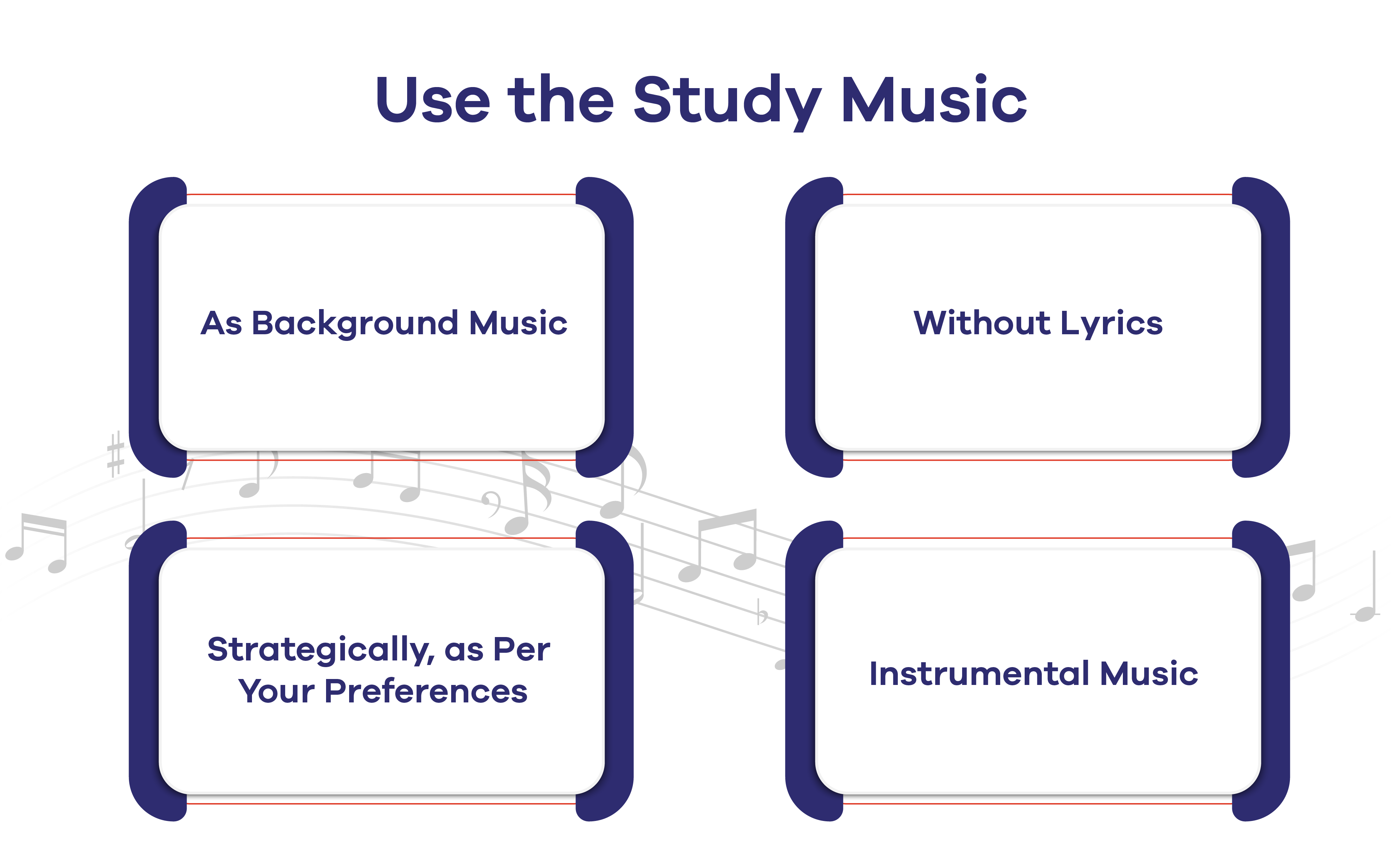Spotify or Silence: Should You Consume Study Music?

Everyone around us loves music, and many of us have the EarPods while we are walking, talking, or doing anything. The love for music among the students is no different from the adults. Therefore, in recent years, we have witnessed many students playing their favourite music tracks while they are studying individually or in a group. Whether they are completing their assignment or doing any presentation research, music is a constant in many cases. CUST explores whether you should consume study music or not.
Music and Its Impact
We all listen to music, no matter which ethnicity, country, or culture we live in. Music is an integral part of our lives. Every one of us has a specific playlist that boosts our mood and empowers our mind, makes us relaxed or charged, and provides us with our personal space.
Have you ever thought? Why does music impact our mood so much? Research shows that musical exposure boosts cerebral blood flow to emotion-related brain areas. This includes significant activation of the limbic system, which plays key roles in emotional processing and memory control.
For the same reason, different music genre has different emotional impacts on us. With some tracks we cry, while others make us energised and happy. Therefore, today music is a big part of our lives. In modern times, there are many new genres introduced, targeting the emotional needs of a diverse audience. Take a study music as an example.
Study Music is a new genre that represents any type of music that is free from lyrics and has a deep instrumental arrangement. The notes are arranged at a specific, brain-friendly sound frequency that helps increase focus, memory retention, and productivity while learning.
The study music works because it provides brainwave entertainment. It promotes relaxed focus. Furthermore, it results in limbic system activation, and it also masks the distraction, making the overall environment peaceful and calm.
Some of the genres of study music could be classical, lo-fi, ambient, and binaural beats.
 Benefits of Listening to ”Study Music”
Benefits of Listening to ”Study Music”
We all know that in one way or the other, music impacts our moods in diverse ways. Especially, in different emotional states, we love to listen to a specific type of music.
- Music Sharpens the Brain Power
- Your Favourite Music Works as a Creative Outlook
- It Teaches You Discipline
- Music Makes the Mind Stronger
- It also works as a Mood Booster
- Music Can Also Improve Your Memory
Let’s discuss them one by one.
Music Sharpens the Brain Power
Sounds work on frequency. Therefore, when students either study music or use music while they study takes their memory muscles in action. This enhances the memory and students get faster brain power to understand the subject they are studying and understand its content. This ability develops over time.
Door to Creativity
Often, music also works as a door to creativity. If you are a student and you are stuck on some calculative problem— despite a lot of effort, that one numerical is not solving, or you are unable to equalise the debit and credit side of a balance sheet. Listening to music can help you think of the same stuck problem from a different perspective. In this way, the ‘study music can be a door to creativity.
Music Can Boost Your Mind
In diverse emotional states, we all love to listen to a diverse range of music. It helps us calm down, relax, and develop focus while we study or prepare a presentation or do research. The soft and soothing study music helps in creating a calming environment around us.
 How Music Can Impact Studies?
How Music Can Impact Studies?
Despite the listed benefits, there are contradictory results when it comes to utilising music while studying. Research shows the following facts.
Silence is the best way to develop deep focus. That’s not achieved if music is playing. It distracts the students, and they lose their focus to study. This not only weakens their memory muscle but an ability to recall. But also, wastes a lot of time.
Furthermore, the science accepts the concept of the ”Mozart Effect. Which states, that classical music increases the short-term memory, for a certain IQ test which is directly linked to the likeness of the listener.
In addition, music is scientifically proven as a mood booster and a distracter. Therefore, the whole case of music and study is comprehensively complex.
The best way to combine music and study is the study music. Study music is any sort of instrumental music that is free from any lyrics. To get the best out of study music is to use the study music in a strategic way and according to your personal preference. In this way, with a soft background, instrumental music, you would be able to calm your mind and focus on the tricky part of education.
Some of the best possible playlists for study music can be checked out on a music platform.
In a Nutshell
Study music is a tool for some students for focused learning. However, research does not support any such statements despite music’s impact on mood. Therefore, if you are a music lover and want to keep your music and study together. Choose the gerne you love with soft background, instrumental music without lyrics. Else, silence is your best friend.
Tag:study habits, study music



